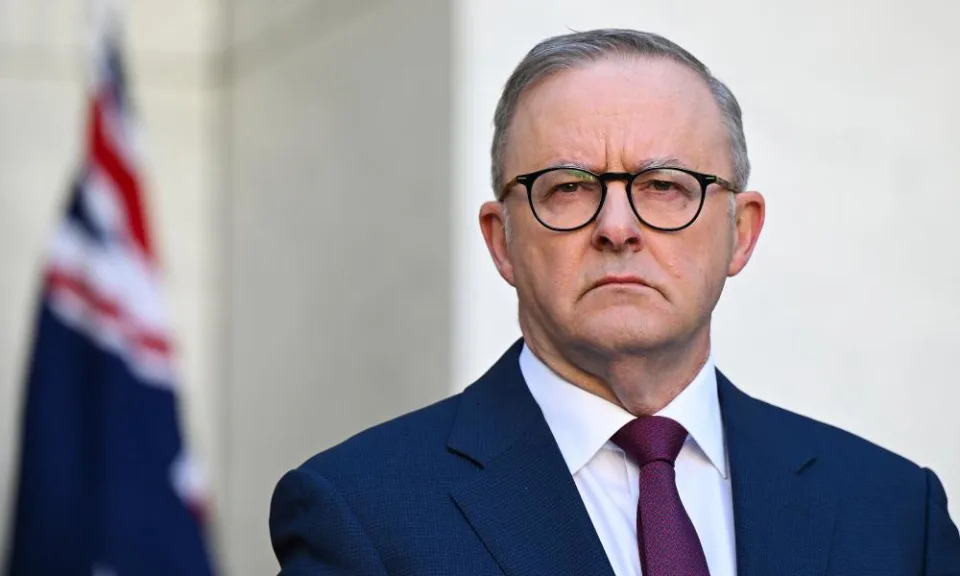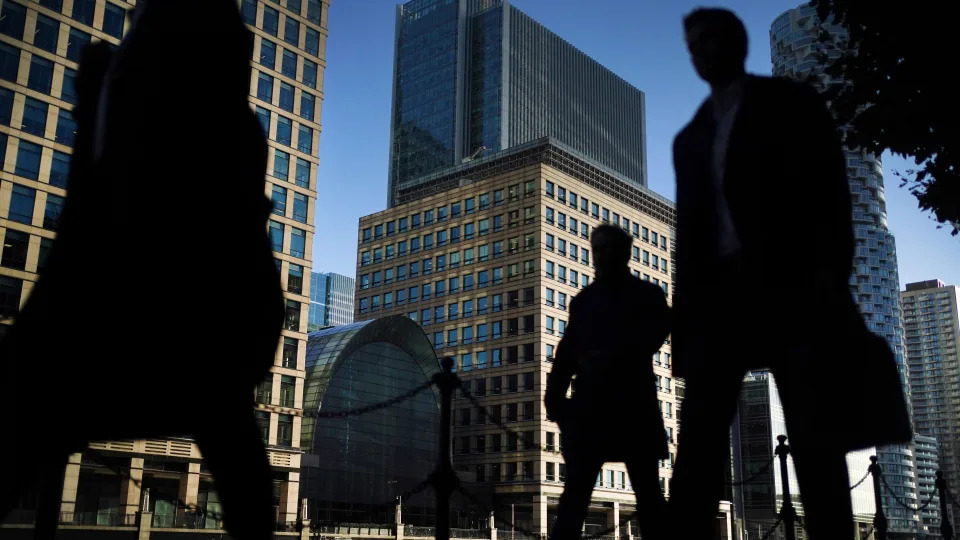Homeless families evicted as landlords quit London emergency housing sector
Sammy Gecsoyler
Tue, 29 August 2023 at 10:00 am GMT-6·4-min rea

Homeless families are being evicted from emergency accommodation to be replaced by private tenants as the number of landlords quitting the temporary housing sector in London more than doubled in eight months.
A survey by London Councils, the cross-party organisation representing the capital’s local authorities, found that between September 2022 and April 2023, 15 boroughs reported receiving a notice to quit, a legal document requesting the return of a property, from landlords for 3,531 properties in use as temporary accommodation.
This is a 120% increase on the 1,601 notices received over the same period in 2021-22 and is equivalent to a loss of 6% of London’s total temporary accommodation stock. All 32 London boroughs were asked to contribute to the voluntary survey but 17 did not respond to London Councils’ request to provide data for each month.
Temporary accommodation is used by local authorities to provide homeless families and individuals with a place to live short-term while a suitable permanent home is found locally.
Related: Number of households in temporary accommodation in England at highest level
Many of these properties are now either being sold or rented out on the more lucrative private market. Housing campaigners say landlords and letting agencies who lease temporary accommodation are trying to evict their tenants, sometimes in intimidating ways.
The Guardian spoke to the mother of a family living in temporary accommodation in north London. She said they were first served a notice to quit in person last July and soon received repeated letters and knocks at the door from their letting agent telling them to leave the property. She said the agency told her they wanted them evicted “because the landlord wanted more rent money”.
The letting agent also repeatedly called the house where the only person who could speak English was her 12-year-old daughter. Her mother said: “They would ask her to tell her parents that they need to leave the property right now. It was so aggressive.”
The family approached a local campaign group, Housing Action Southwark and Lambeth (HASL), which put them in contact with legal aid lawyers. After the letting agency was taken to court, eviction proceedings were halted and the harassment ended.
Elizabeth Wyatt, a member of HASL, said the group had “supported a number of members who have been given eviction notices from the private landlords of their temporary accommodation. It has been an extremely stressful experience for them.”
The loss of temporary accommodation stock in London is worsening an already dire situation in the capital. Research commissioned by London Councils and carried out by the London School of Economics and Savills shows there has been a 41% reduction in the number of London properties available for private rent since 2020.
Their research also estimates that one in 50 Londoners are now homeless, including one in 23 children, and that councils in the capital are spending £60m a month on temporary accommodation.
This has been driven by a sharp increase in people declaring themselves homeless to local authorities, in large part due to a swift rise in no-fault eviction notices being issued, and a reliance on expensive hotels and B&Bs as the availability of other forms of temporary accommodation dries up. In the past year, there has been a 781% increase in families being housed in hotels and B&Bs in London beyond the six-week legal limit.
Sue Edmonds, the chief executive of Capital Letters, a not-for-profit company that works with councils and landlords to provide homeless families with permanent homes, said there were “a lot of drivers leading to what is happening”.
“Many landlords are themselves struggling with the cost of living crisis, especially with the mortgage interest rates going up. In some cases, the rental income they get from being a temporary accommodation provider is insufficient to cover their costs,” she said.
“We know that smaller buy-to-let landlords are tending to think about selling up. Some landlords, in fairness, can see that they can get more money on the private rental market. There’s a bidding war out there.”
Edmonds said most of these properties were probably being sold for home ownership or “disappear” in deals done privately, the outcome of which is hard to determine. “They’ve been taken out of the private rented sector which further reduces the number of properties available for people who need them.”
She added that frontline council staff were finding the situation difficult.
“It’s not just a financial cost, there’s an emotional cost as well to those made homeless and also the staff trying to sort it out when there is nowhere to put them.”
Darren Rodwell, London Councils’ executive member for regeneration, housing and planning, said: “Across London we see landlords withdrawing their properties from use as temporary accommodation, meaning that boroughs run out of alternatives and place families with children in unsuitable B&Bs. The homelessness situation in London is becoming unmanageable. We need the government to work with us in reversing the numbers relying on temporary accommodation.”
Polly Neate, the chief excutive of Shelter, said: “A cramped emergency hotel or grim B&B is no home. Councils cannot keep picking up the pieces of this national crisis. It’s now beyond urgent the government fixes this mess by immediately unfreezing housing benefit and investing in truly affordable, good quality social homes.”








